Why Financial Health Does Not Equal Lots of Money
What if someone told you, “You’re not an olympic athlete, so you’re not in good physical health.”
Even though you work out regularly, maintain a healthy diet, follow good sleep habits and feel great. That statement wouldn’t make any sense, right?
The same analogy applies to financial health. Having an enormous amount of money in your bank account doesn’t equate to financial health. There’s an important distinction between monetary wealth and financial well-being. That difference is you.
Millionaires can still be in bad shape.
To state it simply, money is not the single measure of success. It’s an important part, but only in as far as it enables peace of mind in meeting your responsibilities, pursuing interests and cultivating joy in your life.
Even millionaires can live with a high degree of debt—both financial and emotional. Perhaps reaching their financial targets required sacrificing important time with loved ones or focusing on goals that didn’t provide lasting fulfillment. There’s often much more to the story. Without the right focus, financial success can come at a high emotional cost.
True financial health is measured holistically by taking into account who you are. Finances are part of it, but so is physical and emotional health, strong relationships and personal growth.
Wise financial choices mean understanding the pros and cons of every decision.
Most decisions have more than one good potential solution. That’s what makes choosing so challenging! Making choices is also difficult when the pros and cons of each decision are evenly matched. When it comes to financial planning and making wise investment decisions, these financial impasses can play a pivotal role in the direction of your life.
This is the point when people often come to advisors for advice—when you’re faced with several strong options and need additional expertise, experience and strategy from people who’ve watched various scenarios unfold over the years. Sometimes an extra set of eyes can help you see through the fog. Here we talk more about building a financial plan and your team to help you implement it.
Follow guidelines but also stay true to your own path.
Individuals have their own metrics for success and peace of mind, and they take different paths to get there. What works for a friend might not work for you. That doesn’t make one way more correct than another. For this reason, it’s important to learn from others and consider best practices, but they should always be considered in the context of your own personality.
Consider what these mean to you:
- Risk tolerance
- Lifestyle
- Family responsibilities
While one way might work for someone you know, if it’s a decision that’s adverse to your own lifestyle or personality, it can impact your quality of life in a negative way, financially or otherwise. Your life is your story. Write it in the way that makes you feel fulfilled and at peace.
The most valuable experiences are free.
Over the years, I’ve treated my daughter to many nice dinners at restaurants. We’ve enjoyed wonderful conversations during those meals and I look back on them fondly.
But do you know when our conversations went even deeper and made a greater lasting impression? During our simple walks around the neighborhood. It might have been because it was just the two of us, or the fresh air or the aimless wandering, but the simple nature of that time together cost nothing and was without a doubt more valuable.
It’s a lesson we often hear but don’t always live, and we usually don’t structure our lives in a way that makes ‘free’ experiences a priority.
Think about it—what could your life look like if those priceless measures become part of your financial plan?
Subscribe for updates from Doulos Advisory:
